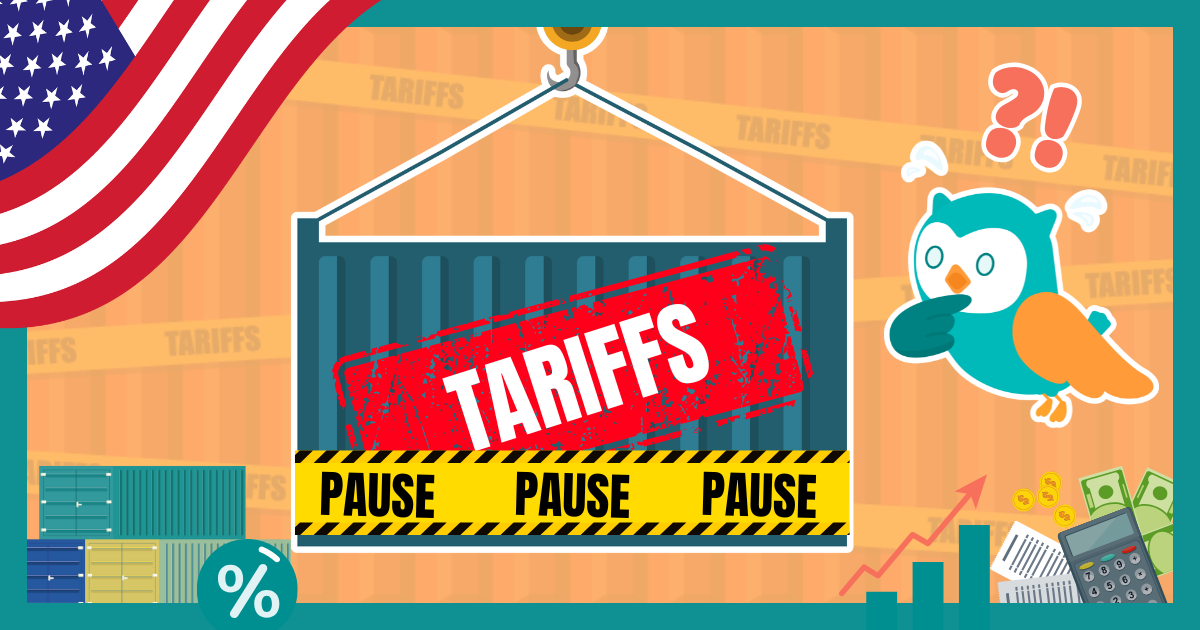Note: It was announced in November 2023 that MoneyOwl will be acquired by Temasek Trust to serve communities under a re-purposed model, and will move away from direct sale of financial products. The article is retained with original information relevant as at the date of the article only, and any mention of products or promotions is retained for reference purposes only.
______________
Why you should stay calm and don’t panic when macro-economic data is released to better focus on your long-term financial goals.
The longest global expansion on record has officially ended this quarter.
US GDP shrank 4.8% in Q1 while two of Europe’s largest powers, France and Spain also saw their economies contract 5.8% and 5.2% respectively. With most economies seeing their worst contraction since the last global financial crisis and some already in recession, many would ask: Is this still a good time to invest?
Before we answer this question, let’s take a look at how markets have performed amid gloomy economic data.
In April this year, U.S. Manufacturing PMI data for March showed that output had dropped at the sharpest rate for over a decade and Initial jobless claims had surged to 6.6 million. However, over the entire month of April, the U.S. S&P500 index rallied 13%.
In February 2009, when economic data was getting worse with rising unemployment rates and decreasing Real GDP, the U.S. stock market surged more than 50% from March to December.
But why do stock prices go up in the face of dismal economic results?
We know that this might sound counter-intuitive, but the economy is not the stock market and the stock market is not the economy.
The stock market is a forward-looking pricing machine, efficiently incorporating expectations of future cash flows into current stock prices, whereas the economy is always backward-looking, informing us about things we already knew or expected.
In the short run, stock prices fluctuate not because of good or bad economic results, but because economic results are better or worse than what is expected.
As markets are generally efficient, whenever there is a gap between actual results and expectations, prices move almost instantly to fill this gap, making it very difficult for us to profit from making short-term predictions about the market. Take for instance how the S&P500 index spiked up just within minutes of the release of U.S. Non-Farm Payrolls last Friday when investors collectively perceived that the data was less worse off than anticipated.
In the long run, however, we can always rely on the fact that with continuous population growth and increasing demand for novel goods and services, the business expansion will continue, and corporate earnings will rise, leading to higher stock prices.
It is for this reason that from 1980 to 2020, the U.S. stock market had risen by almost 3000%, even though there had been 5 recessions during this period!
Your best bet during a recession
Recessions can understandably trigger worries about how markets may turn out.
But a decline in the economy does not translate well to lower stock market returns and we should not be looking at the economy when making long term investing decisions.
Putting cash on the sidelines while waiting for the economy to turn around might just cause you to miss out on investment returns altogether when stock markets recover.
The economic impact of this COVID-19 outbreak is unprecedented. And so are all the recessions that occurred before and future recessions 10 or 20 years down the road.
Although we don’t know how this recession might turn out, we can be certain that having a proper investment plan, coupled with a globally diversified low-cost investment instrument that suits your risk tolerance will help you reach your financial goals eventually.
So when the next macro-economic data is released, stay calm and don’t panic sell. There is no need to panic buy either. Instead, remind yourself that the economy is not the stock market and stick to your plan patiently, no matter what your news app tells you.
If you are still too fearful to enter the markets, then your best bet would be to put your portfolio on permanent autopilot. Doing so would effectively help you tune out the noise while you focus on your long-term financial goals.
If you are serious about investing for the long run, simply spend 15 to 30 mins telling us about yourself here, and we will send you your own detailed comprehensive financial planning report to kickstart your investing journey the right way.




